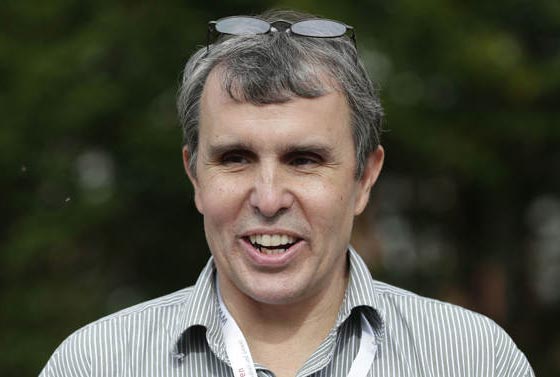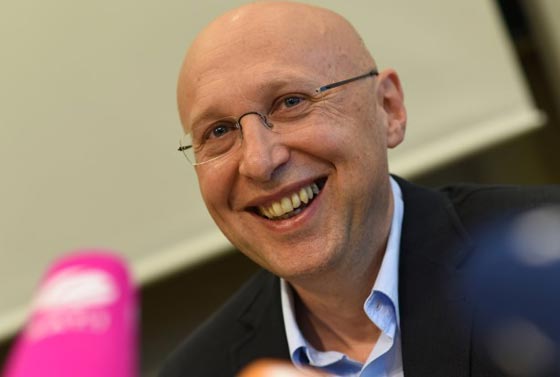Nobel Prize in Chemistry
The 2014 Nobel Prize in Chemistry was awarded to Eric Betzig of the Howard Hughes Medical Institute's Janelia Research Campus in Ashburn, Stefan W Hell of the Max Planck Institute for Biophysical Chemistry (Germany) and William E Moerner of Stanford University for their work in overcoming the limitations of the traditional light microscope.

Eric Betzig
Eric Betzig is a scientist based at the Janelia Farm Research Campus in Ashburn, Virginia. He was educated at the California Institute of Technology in 1983 and Cornell University in 1985.
Since 2005, he has been a Group Leader at Janelia Farm Research Campus and is developing new optical imaging technologies for biology.
He did the PhD in 1988 from the Cornell University.

Stefan W Hell
Hell is a scientific member of the Max Planck Society and a director at the Max Planck Institute for Biophysical Chemistry in Göttingen. He currently leads the Department of NanoBiophotonics.
From 1991 to 1993, he worked at the European Molecular Biology Laboratory in Heidelberg.
Hell received his diploma in 1987 and doctorate in physics in 1990 from the University of Heidelberg.
He was appointed to the Max Planck Institute for Biophysical Chemistry in Göttingen in 1997 where he has built up his current research group dedicated to sub-diffraction-resolution microscopy.

William E Moerner
Moerner is an American physical chemist and chemical physicist with current work in the biophysics and imaging of single molecules. Moerner attended Washington University in St. Louis for undergraduate studies.
From 1981 to 1988, Moerner worked at the IBM Almaden Research Center, San Jose, California as a Research Staff Member.
His Ph.D. thesis was on vibrational relaxation dynamics of an IR-laser-excited molecular impurity mode in alkali halide lattices.
His current areas of research and interest are physical chemistry, chemical physics, biophysics, nanoparticle trapping, nanophotonics, photorefractive polymers and spectral hole-burning.



















